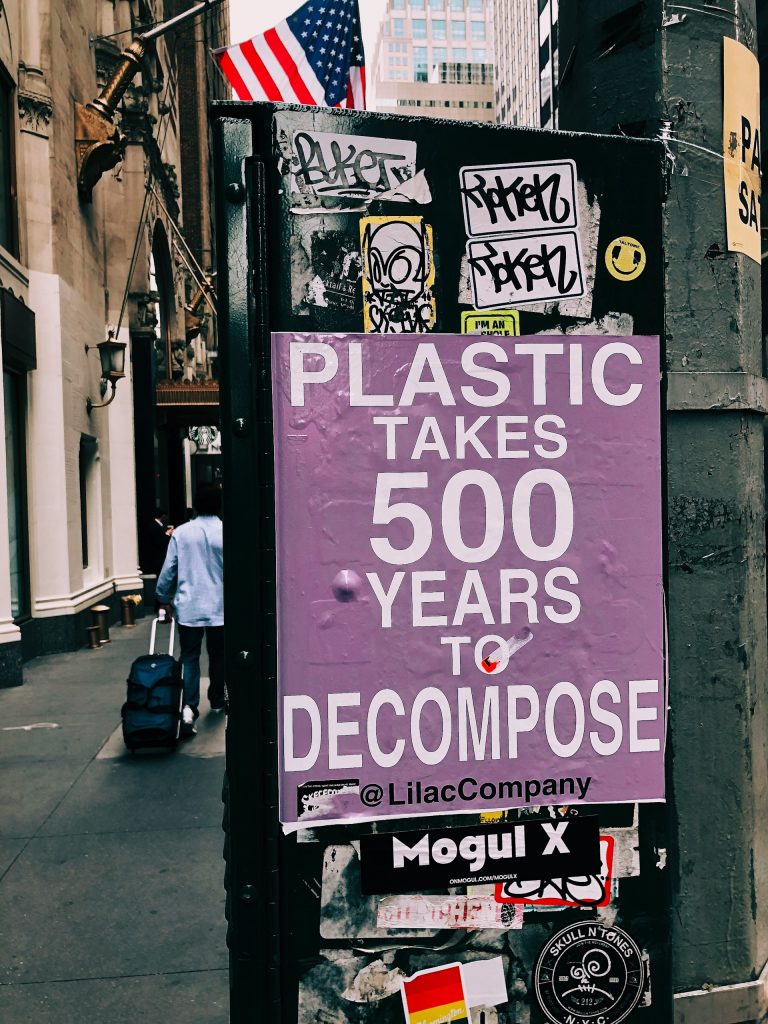Who Made My Clothes?
I believe (and hope) that we have all pondered this question at some point. It is, in fact, a very important question to consider because the commercial and manufacturing aspects of the clothing industry can be overwhelming.
Saudade Clothing is designed by Mayka (founder of Saudade) and produced sustainably in Portugal.
The Fashion Industry
Let us focus on the fundamental materials, like textiles, the most common material used for clothing:
• Polyester – 55%. • Cotton – 27%. • Cellulosic Fibres – 7%. • Polypropylene – 4%. • Nylon 5%. • Wool – 1%

Polyester is a man-made invention, a chemical product derived from petroleum, coal, and water. There’s nothing inherently good about it; it’s essentially plastic. However, it’s cheap and readily available. ‘We love it,’ they say. But the use of chemicals and water in its production is necessary. Also the micro-plastics that end in the water with every wash is a serious problem.
Nonetheless, we can reduce the enormous quantities of waste and pollution associated with it. Clean and free-flowing water is vital. We can save lives and raise awareness worldwide through daily actions. It’s as simple as managing water and waste in a more sustainable manner. Perhaps if we become more conscious of how things work, we can make them work better for everyone—the planet and its inhabitants.
From an ethical perspective, numerous natural fibers can replace non-sustainable clothing materials. In fact, most natural materials offer better quality and durability. We have the power to create a sustainable world. Clothing is a critical area of focus and a potential means of reshaping the world and making a positive impact.
How about starting with our shopping choices?
What feels better against your skin, plastic or natural fibers?
The fashion industry faces major challenges, including its environmental impact, contributing to water pollution, excessive water use, and high carbon emissions. Fast fashion worsens these issues by promoting overproduction, waste, and poor labor conditions, often in low-wage countries with unsafe environments. The industry’s reliance on plastic-based fabrics, like polyester, is harmful as it pollutes oceans with microplastics, damages ecosystems, and poses health risks. Additionally, waste and overconsumption lead to tons of discarded clothing in landfills. A lack of transparency in supply chains further complicates informed consumer choices, and chemical use in production harms both human health and the environment.

Our Solution
Saudade: Elevating Fashion with Purpose and Sustainability
At Saudade, our mission transcends fashion—we are committed to cultivating a deeper consciousness and honoring the beauty of nature. We design timeless, versatile pieces that prioritize exceptional quality, durability, and comfort, while maintaining a sense of effortless style. Our garments are thoughtfully crafted to be creative yet minimalist, adaptable for multiple styles, one-size-fits-all, unisex, and built to last—ensuring everlasting fashion that defies trends.
By collaborating with indigenous communities, skilled artisans, and local craftspeople from around the globe, we fuse tradition with innovation, creating clothing that embodies cultural richness and craftsmanship.
We exclusively use the finest natural fibers, carefully sourced to eliminate harmful chemicals and minimize water waste. Our eco-friendly approach extends to the use of innovative fabrics
Heal your body while healing the planet. By choosing Saudade, you’re taking a stand against plastic-based fashion, which pollutes our oceans and damages ecosystems with every wash. Instead, you’re opting for high vibrations! While also using regenerated fibers, reducing water usage by up to 90%. Yes, it’s possible—and yes, we are doing it.
Together, we can make fashion kinder to the Earth, creating a world where clothing enhances well-being without leaving a destructive footprint.
Join us in this beautiful movement to heal the planet, one piece of clothing at a time. Let’s redefine fashion with love, care, and sustainability.
Are you ready to be part of this change?
